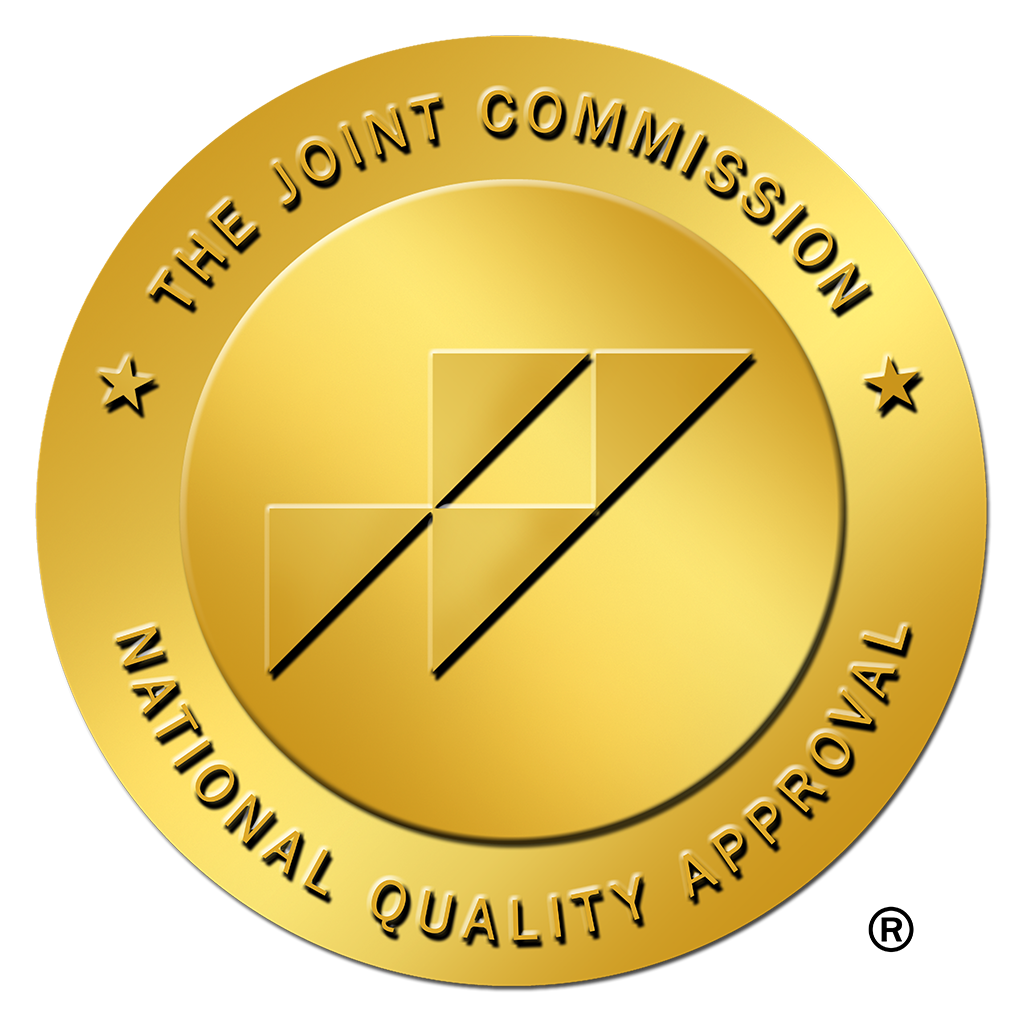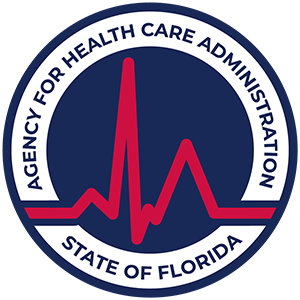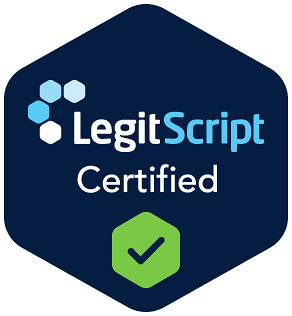Dialectical Behavior Therapy
If you’re struggling with overwhelming emotions, relationship difficulties, or behaviors that seem out of your control, Dialectical Behavioral Therapy (DBT) at Milton Recovery Centers can help. Our team is dedicated to guiding you through the process of learning healthier coping skills, improving emotional regulation, and building more stable relationships. Whether you’re managing mental health challenges or overcoming substance abuse, we are here to lead you to a healed and happy life.

What is Dialectical Behavior Therapy (DBT)?
Dialectical Behavior Therapy (DBT) is a type of cognitive-behavioral therapy that focuses on teaching skills to manage emotions, handle stress, and improve relationships. It was originally developed to treat individuals with Borderline Personality Disorder (BPD) but has since proven effective for many other mental health and substance abuse issues.
DBT combines two key elements:
- Dialectics: The idea that two seemingly opposite things can be true at the same time. For example, you can accept yourself as you are, while also striving to improve.
- Behavioral Therapy: The process of changing unhelpful behaviors and thought patterns that may be causing emotional distress.
The goal of DBT is to help individuals find a balance between acceptance and change, creating a more stable and fulfilling life.
What to Expect in DBT Sessions
At Milton Recovery Centers, our DBT sessions are structured to ensure you get the support and guidance you need. Here’s what you can expect:
Individual Therapy
In one-on-one sessions, you’ll work closely with a therapist to identify patterns of thinking and behavior that contribute to emotional distress. Together, you’ll develop personalized strategies to change unhelpful behaviors and thoughts. The therapist will help you focus on your specific challenges, progress, and goals.
Skills Training Group
DBT also includes group therapy sessions where you’ll learn essential coping skills. These skills are divided into four main areas:
- Mindfulness: Learning to be present in the moment and accepting things as they are.
- Emotional Regulation: Managing intense emotions and reducing emotional suffering.
- Distress Tolerance: Learning to cope with pain and stress without making things worse.
- Interpersonal Effectiveness: Building stronger, healthier relationships by improving communication and boundary-setting.
Therapist Consultation
Our team of therapists meets regularly to ensure consistent care and to share strategies for helping you succeed.
Why DBT is Effective for Treating Mental Health and Substance Use Disorders
DBT is widely recognized as one of the most effective therapies for treating various mental health disorders, including those associated with substance abuse. Here’s why it works:
Improved Emotional Regulation
DBT helps you recognize, understand, and control intense emotions. By learning to manage these emotions, you’re less likely to engage in harmful behaviors like substance use or self-harm as a way to cope with stress.
Better Relationships
Many people with substance abuse or mental health disorders struggle with relationship issues. DBT’s focus on interpersonal effectiveness teaches you how to communicate better, set boundaries, and handle conflict in healthy ways.
Coping with Stress
DBT’s focus on distress tolerance equips you with strategies to handle life’s challenges without resorting to negative coping mechanisms like substance abuse. You’ll learn healthier ways to deal with tough situations.
Acceptance and Change
DBT encourages accepting yourself as you are, while also motivating you to make positive changes. This balance helps reduce feelings of self-judgment, guilt, and shame, which can contribute to mental health struggles.
What Makes DBT Different from Other Therapies?
Unlike traditional therapies, DBT focuses heavily on teaching concrete skills to help individuals manage difficult emotions. It’s a structured, hands-on approach that emphasizes both acceptance and change, making it particularly effective for people who feel overwhelmed by their emotions or are struggling with impulsive behaviors.
DBT also incorporates a sense of validation, helping clients feel understood and accepted while encouraging them to work toward change. This combination makes it a powerful treatment for people with complex mental health and substance use issues.
Is DBT Right for You?
If you’re looking to improve your emotional stability, build healthier relationships, and learn new ways to manage stress, DBT might be a great fit for you. At Milton Recovery Centers, we tailor our DBT approach to your specific needs and goals.
Whether you’re dealing with mental health issues like depression, anxiety, or trauma, or working through substance abuse challenges, DBT can help you develop the skills to create lasting change in your life.
Explore Treatment at Milton Recovery Centers
If you or someone you love is struggling with mental health or substance abuse issues, we are here to help. Our compassionate team at Milton Recovery Centers is ready to guide you through recovery, providing you with the skills and support you need to lead a healthier, more fulfilling life. Reach out today to learn more about our DBT programs and begin your journey toward healing and recovery.
Do You or a Loved One Need Treatment?
Our trained, compassionate staff have answers to your questions about treatment. Milton provides:
- Access to top-rated addiction and mental health treatment
- Empathetic and caring assistance
- Guidance on seeking treatment
Verify Your Insurance
If you have questions about your insurance coverage for treatment, our team will review your policy and help you get the care you need.
Are You Ready to Get Help?
Our treatment specialists are available 24/7 to help you or your loved one find a treatment program that suits your needs.



